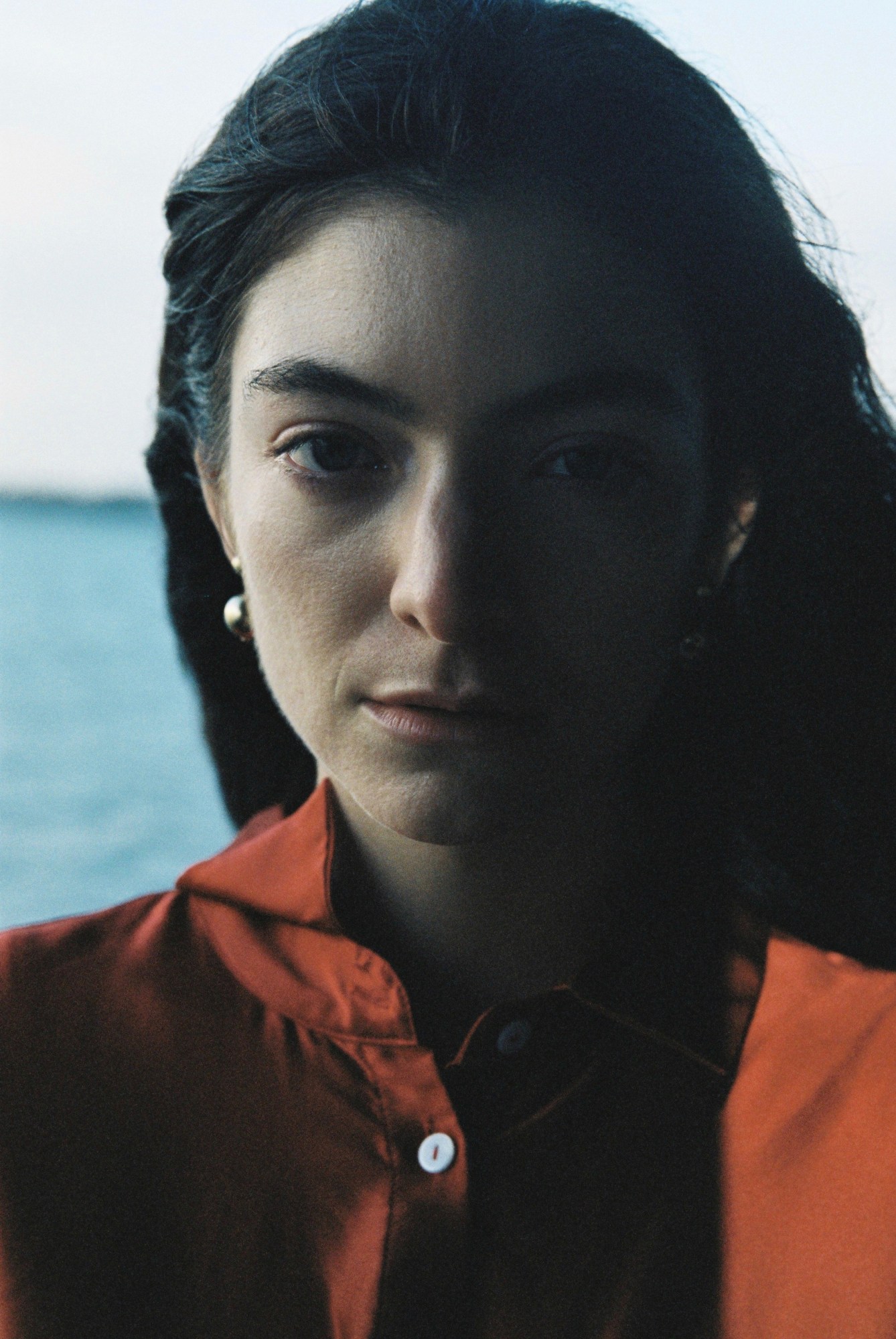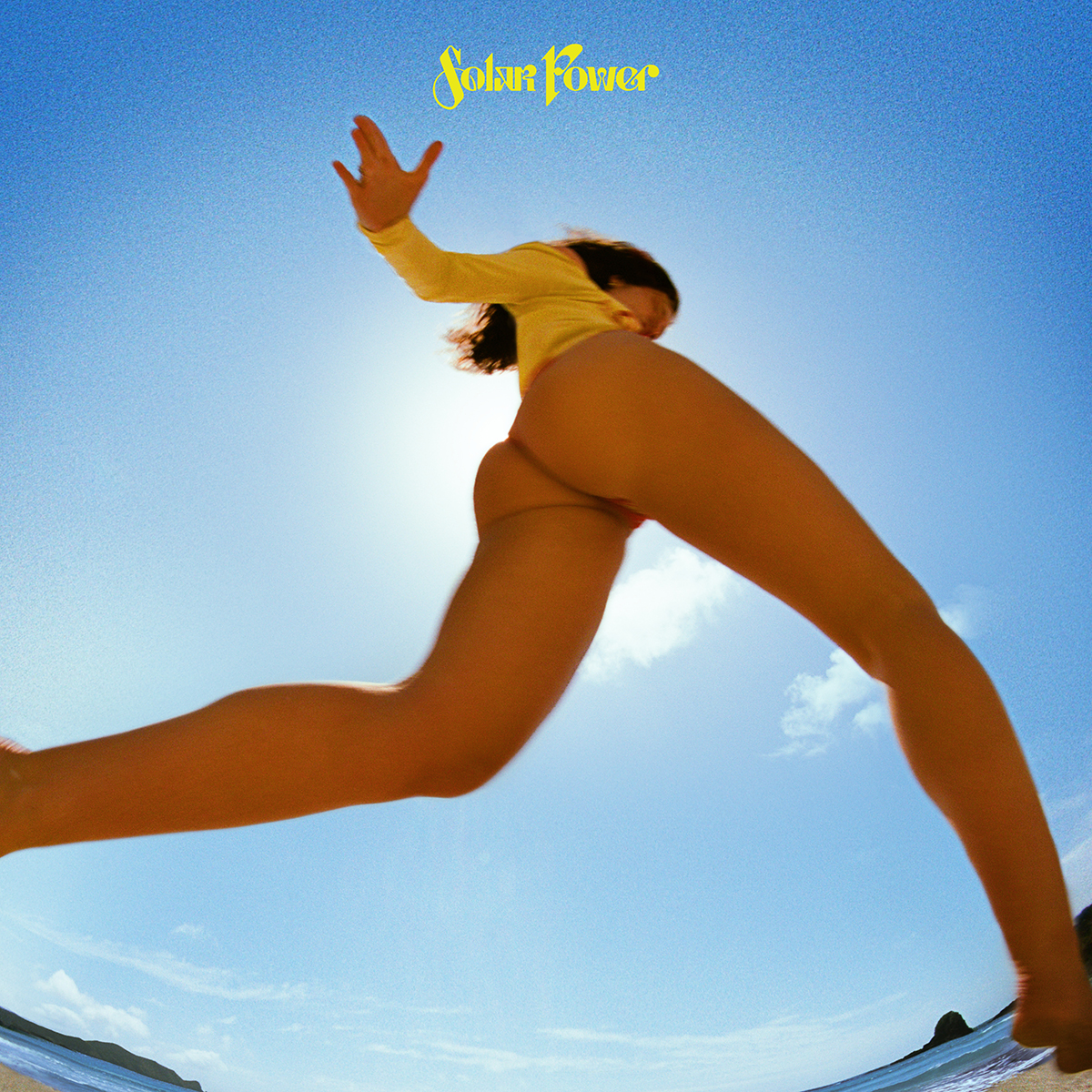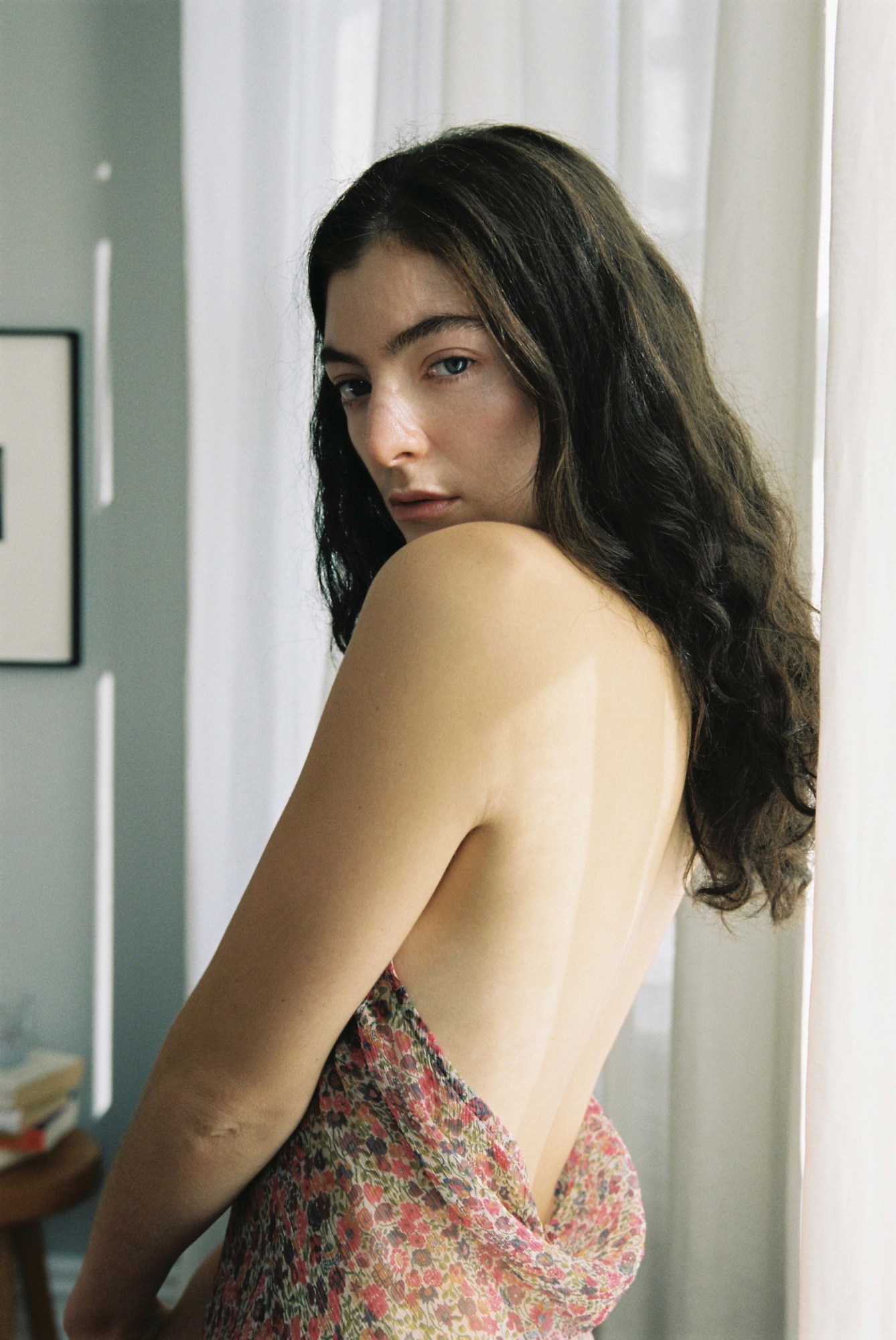Lorde has long been the deity who could have lived on your street when you were growing up. The 24-year-old New Zealander, simultaneously a laidback homebody and one of music’s most enigmatic stars, has a unique energy and approach to her craft; elements that have led to her being cited as a voice of her generation. On her debut album, 2013’s Pure Heroine, she unpacked the anxieties of growing up in suburbia, weighed down by a world far bigger than her, making her fans feel “seen” by her frankness. Four years later, she made a best-of-the-century break-up album with Melodrama, deepening that connection further. It’s no surprise then, that the pressure of being made out as a messiah seems to have gotten to Lorde on her latest album, the magic and ameliorating Solar Power.
On it, the specificities of teens-and-early-twenties existence are less obvious. But she is aware of that disconnect, talking about the same fame and excess she once lamented on her break-out track “Royals” in a different context. Having acquired it, she’s now got lived experience of how facile it is, and come to consider herself an earthbound, grounded normie instead. If Pure Heroine and Melodrama were albums that embraced the ugliness of what it’s like to grow up, then Solar Power is a record about a grown up, realising the rare power she has accumulated over eight years in the spotlight. On it, she urges us to look beyond her for answers to our problems, pointing to the same source of her own solace: the world around her.
It’s made from the kind of questions we’ve all been asking ourselves over the past year: What matters in my life? What makes me happy? Am I investing my time in the right things? Am I really appreciative of the planet we live on? Memes have gone around comparing the album’s overarching themes to that woman in that skirt and toe shoes you see wandering flea markets, believing solely in holistic therapy and gemstones. In some ways, that’s a fair picture of what Solar Power feels like, albeit more contemplative and spiritual than deranged and preachy. The glimmers of early noughties acoustic pop she’s referred to are all present here, though picture this as a pre-Loose Nelly Furtado record with glimmers of “Pure Shores”, “California Dreamin’” and “Viva Forever” too.
That spirituality is alluded to from the offset on the choral, acoustic opener “The Path”. It’s about the rejection of fame; a yearning for very human answers; a realisation that, no matter how much the public make her their personal Jesus, “the saviour is not me”.
“Cause we are all broken and sad / where are the dreams that we had?” she sings on its chorus. “Let’s hope the sun will show us the path.” If anything, this feels like a shedding of Lorde’s melancholy as a defining trait of her music. The rest is — for the most part — about simple pleasures and self care.
Jack Antonoff’s production — something that’s become a contentious topic among popheads recently, who see his style shaping too much of his productions for others (Lorde recently called such accusations “sexist” and “frankly insulting”) — mellows the record and keeps it tight. Beneath its near ceaseless acoustic guitars are less obvious, woozier electric strings, pattering drums courtesy of Matt Chamberlain (responsible for the same on Fiona Apple’s classic Tidal) and choruses of voices consisting, mostly, of Clairo and Phoebe Bridgers.
There was a promise of no radio hits on here, and Lorde isn’t lying, but she has managed to form many an earworm melody. “Secret from a Girl (Who’s Seen It All)” is the closest the album has to a pop hit post-“Solar Power”, a melon-fresh, harmonious, weird sonic letter Lorde has written to her younger self. “‘Member what you thought was grief before you got the call? / Baby girl, no one’s gonna feel the pain for you,” she sings. (The call refers to the news of Pearl, her late dog, getting sick.) “You’re gonna love again, so just try staying open / And when the time comes, you’ll fall.”

The hookishness of the chorus gives way to a comforting, semi-ASMR outro, in which the CEO-of-crying-on-the-dancefloor Robyn assumes the role of a sci-fi flight attendant speaking over a tannoy (“Your emotional baggage can be picked up at Carousel #2 / Please be careful so that it doesn’t fall onto someone you love”), offering sage advice as always.
Even the more thematically despondent-sounding tracks aren’t as morose as you might expect. The only element of glossy artifice on the whole record, in fact, is the growling 808 drum that appears midway through “Fallen Fruit”, a track about the effect our elders have had on a planet they won’t have to deal with in its most tragic, impending chapter. As it plays, Lorde imagines herself departing earth for a new utopia under the cover of cataclysmic rainfall like a dark superhero, “from the Nissan, to the Phantom, to the plane”.
But even that track isn’t a massive dampener on Solar Power’s spirit; its silver lining being, as Lorde says herself, “the way I feel when I’m outside is joyful, is light and thankful”. It’s reflective, rather than depressing. Similarly, “Big Star”, an ode to her dog Pearl, who died in 2019, is less of a painful eulogy and more of a gentle song about how much she loved him when he was alive, and how greater the landscape looked when Pearl was a part of it.
For those who wanted Lorde to return with an album that would hit you hard, making you feel seen on first listen, Solar Power won’t be it. Instead, see it as a germinating seed that demands time and investment. First impressions might deceive you. Lethargic, slow or ponderous it may seem at first, in reality, Lorde’s energy simply courses through us differently. The jugular-hit euphoria her music carried is a slow, long draw of a joint now.
On the album’s bright and beautiful closer, “Oceanic Feeling”, Lorde contemplates home, family, her wild past and unpredictable future — but more so respects the place she’s in right now: “Grateful for this offering, and all the living things / Under the sun,” she sings. For the most loyal fans, the ones who’ve long deified her, this feels like a monumental offering in itself: one that reminds you of her genius while graciously pointing you towards her inspiration too, as if she is saying, with a nonchalant, new Lorde shrug: “You too are capable of creating profound things in this world”.
She’s so great at this, so convincing and smart, you’ll feel yourself falling under Solar Power’s spell as that seed starts to shoot upwards, blooming, eventually, into a flower. She may not be our deity anymore, but in the world of pop music, Lorde’s ability to make moving art is everlasting.


